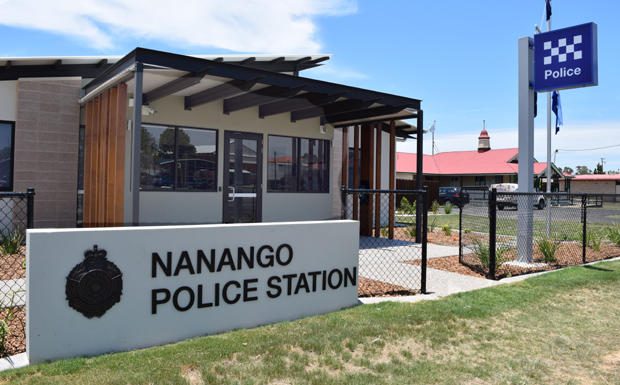September 11, 2012
Australian Pork Limited (APL) has joined the the National Farmers’ Federation as a Commodity Council member.
NFF President Jock Laurie said APL’s addition to the NFF family “further enhances its strength as the united voice for Australian farmers”.
“The NFF exists to provide the single, strong voice for farmers in national agricultural policy development, and to represent farmers’ interests to government and the community. Today, we are very pleased to broaden our commodity stable to also include the Australian pork industry,” Mr Laurie said.
“APL joins the 25 NFF members at the decision-making table, ensuring the needs of Australian pork producers are represented at the national level. We are thrilled to welcome APL into the NFF family.”
APL is a producer-owned organisation that supports and promotes the Australian pork industry by
- The delivery of services to improve the viability of pork producers
- Growing opportunities for the pork industry via marketing, innovation and policy development, and
- Representing the industry on both the domestic and international fronts.
“Our role is to provide programs and services to help improve the sustainability and profitability for Australian pork producers, and to represent their interests,” APL CEO Mr Andrew Spencer said.
“Increasingly, what our producers are finding is that the issues that affect them – from regulation to labour to animal welfare to trade reform – are occurring on a national, cross commodity level. Issues that affect Australian pork producers are, in many cases, affecting all Australian farmers, which is why we have today joined the NFF.
“The ability for Australian farmers to work collaboratively on solutions to some of the major issues facing the farming sector, and indeed Australian agriculture as a whole, is critical to the continued success of the sector. Together we can achieve more for agriculture than if we worked alone.
The NFF says the Australian pork industry employs more than 20,000 people in Australia and contributes $2.8 billion in gross domestic product to the Australian economy.























